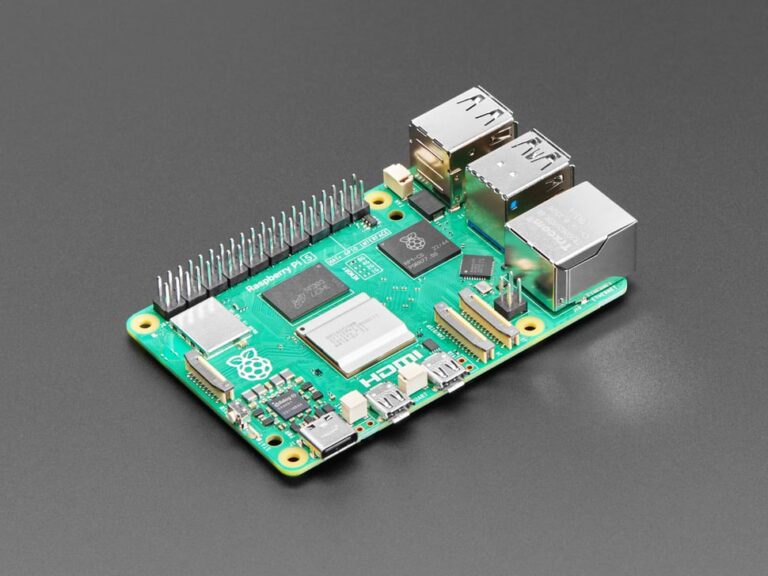In the ever-evolving world of embedded computing, Raspberry Pi has once again demonstrated its commitment to meeting the diverse needs of its user base. The company has announced the availability of new memory variants for its Compute Module 4S, catering to the increasing demands of industrial and embedded applications.
Since its inception, Raspberry Pi has been at the forefront of accessible and versatile computing solutions, spawning a vibrant ecosystem of hobbyists, makers, and professional users alike. The Compute Module lineup, in particular, has found widespread adoption in industrial and commercial settings, where reliability and performance are paramount.
Building upon the success of the Compute Module 4S, which debuted earlier this year, Raspberry Pi has introduced 2GB, 4GB, and 8GB RAM options to complement the existing 1GB variant. This move addresses the growing need for more computing power and memory capacity in embedded systems, enabling developers and integrators to tackle increasingly complex and resource-intensive applications. “The Compute Module has proven to be a popular device for industrial users, with a fair few turning up in hardware such as digital signage,” said the Raspberry Pi team, acknowledging the widespread adoption of the Compute Module lineup in various industrial sectors.
Prices for the new memory variants start at $25 per unit, with the boards being supplied in bulk quantities of 200 units, catering to the demands of large-scale industrial deployments. “Customers who are looking to retain the same form factor but would like greater computing power and more memory will find the new Compute Module 4S variants appealing,” the Raspberry Pi team stated, highlighting the compatibility and performance benefits of the updated lineup.
While the Compute Module 4S memory upgrades address current demands, the Raspberry Pi community eagerly awaits the arrival of the Compute Module 5, based on the recently released Raspberry Pi 5 single-board computer. According to Eben Upton, Raspberry Pi’s co-founder, the hardware design for the Compute Module 5 is complete, and the company aims for general availability by the end of Q3 2024.
As the embedded computing landscape continues to evolve, Raspberry Pi’s commitment to innovation and adaptability remains unwavering. With the introduction of the new Compute Module 4S memory variants, the company has once again demonstrated its ability to anticipate and address the ever-changing needs of its industrial users, paving the way for more powerful and capable embedded solutions in the years to come.



